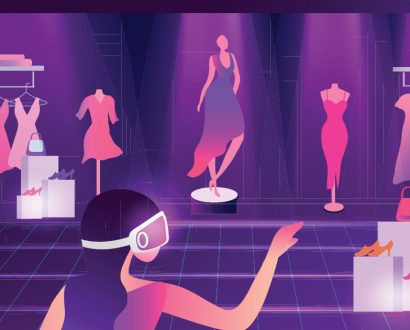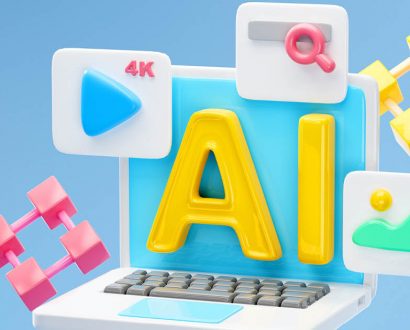As machine learning grows, so does the threat to human employment.
The rise of automation and artificial intelligence (AI) has already seen the number of manufacturing jobs tumble, and the advent of the self-driving vehicle is expected to be the death knell of human truckers, and drivers of ride-hailing services.
Our own columnist Stephen Corby, even suggests Amazon and McDonald’s could be fully staffed by robots in the not-so-distant future.
According to the Harvard Business Review, the list of occupations that could be replaced by a fleet of machines is almost endless but our last remaining advantage is our emotional intelligence (EQ).
“Those that want to stay relevant in their professions will need to focus on skills and capabilities that artificial intelligence has trouble replicating — understanding, motivating, and interacting with human beings,” the report states.
It uses the example of those in the medical profession.
“A smart machine might be able to diagnose an illness and even recommend treatment better than a doctor. It takes a person, however, to sit with a patient, understand their life situation (finances, family, quality of life, etc.), and help determine what treatment plan is optimal.”
Machines closing in on IT jobs
Considering AI has surpassed humans in the physical and cognitive dimensions (superior at strategy games like Chess and Go), it’s no surprise that IT staff are under immense pressure to excel in the third dimension — EQ.
75 out of 75 CIOs of Singapore organisations surveyed recently by recruitment and employment agency Robert Half, said it was important for their IT staff to score high in EQ.
In a statement, Mr Matthieu Imbert-Bouchard, managing director of Robert Half Singapore said: “As the technology sector and machine learning continue to accelerate and impact the workplace, it’s now more important than ever for IT professionals to demonstrate high emotional intelligence”.
“IT employees who demonstrate high levels of emotional intelligence are able to effectively communicate with their co-workers, and are generally better at managing stress and making difficult decisions under pressure.
“This not only cultivates a more cohesive and innovative workplace, it also generates confidence throughout the IT department, which can make the difference between success or failure in times of crisis and uncertainty for any business.”
According to American psychologist Daniel Goleman, EQ can be divided into self-awareness, self-regulation, motivation, empathy, and social skills.
Thankfully the world’s first robot citizen Sophia doesn’t seem to possess any of those traits — so IT staff still have some breathing space.







